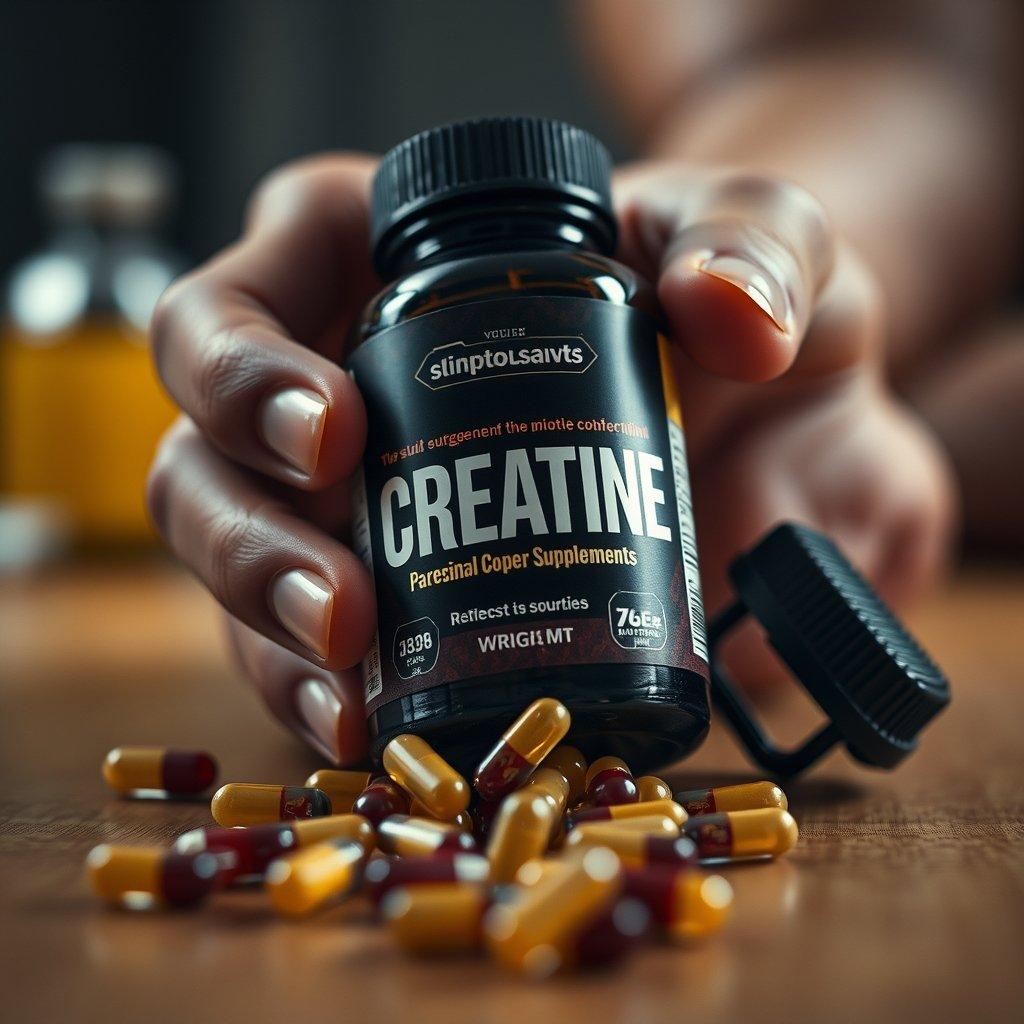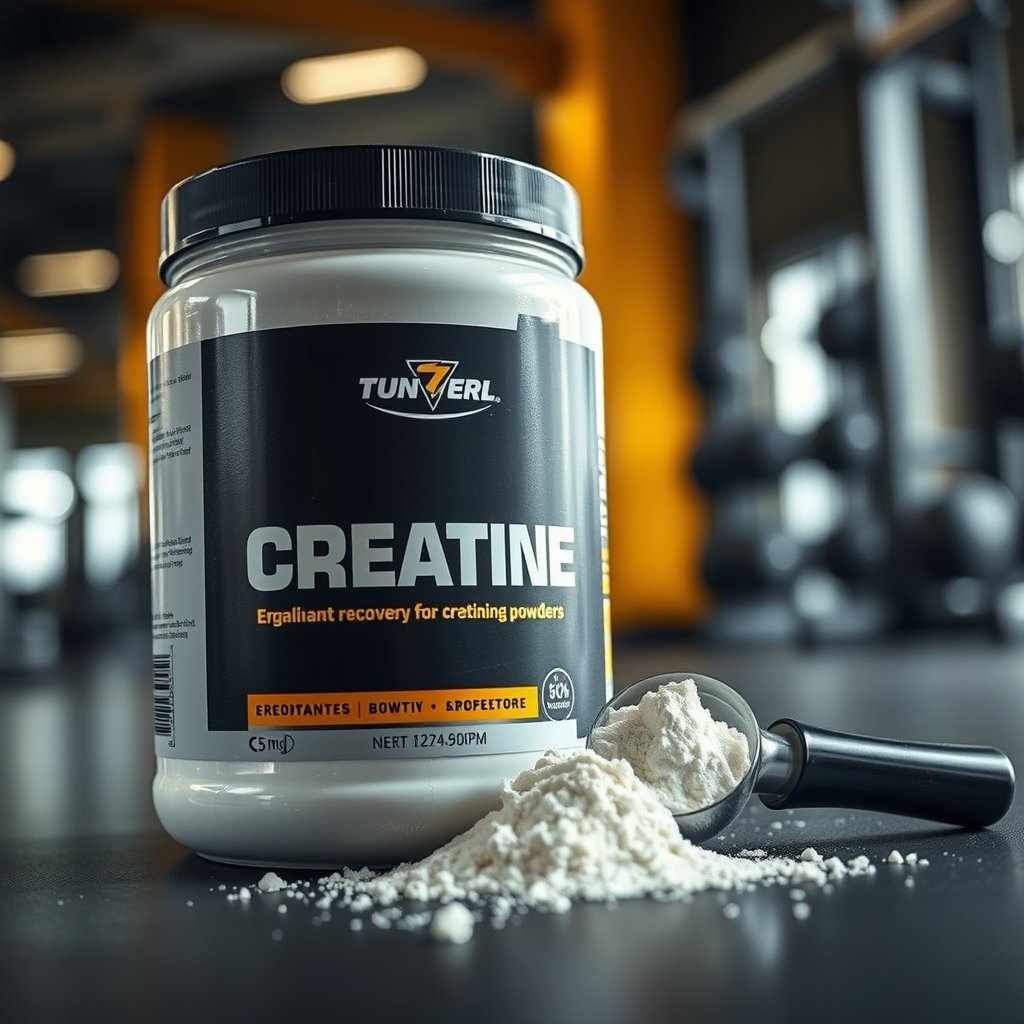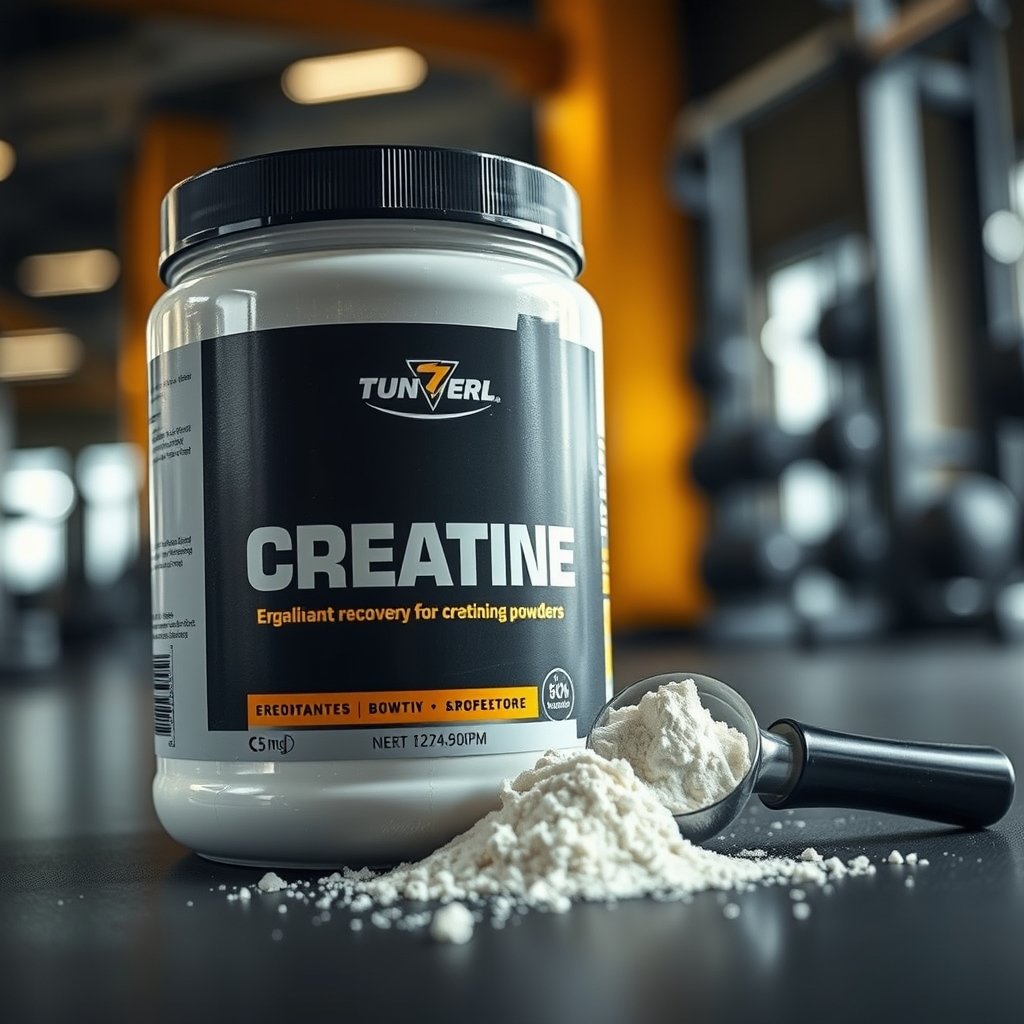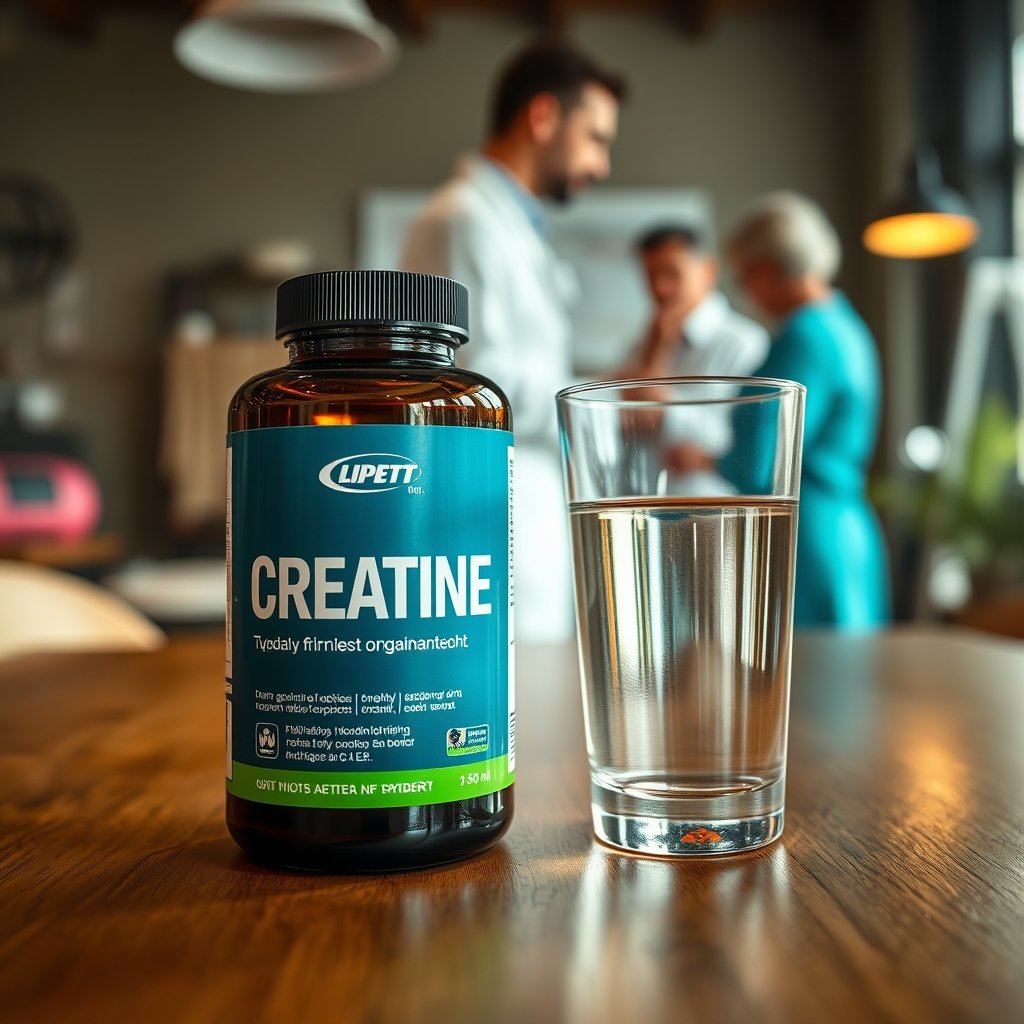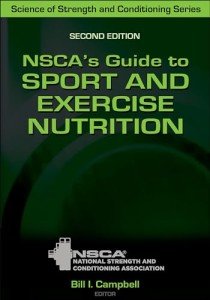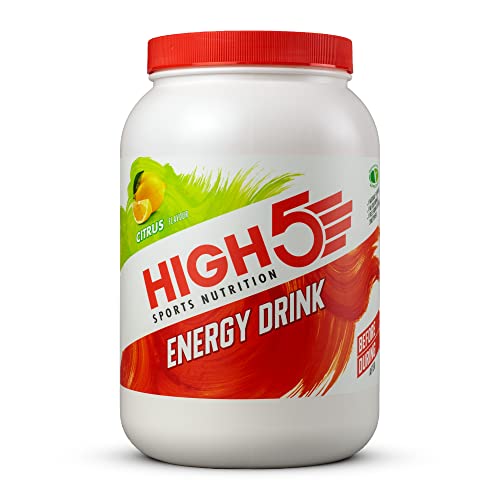The Benefits of Creatine: What It Is and How It Is Beneficial
Creatine is one of the most researched and well-used dietary supplements in the world, particularly among athletes and fitness enthusiasts. Known for enhancing exercise performance, creatine has garnered significant attention for its potential benefits for muscle strength, endurance, and recovery. This article will delve into what creatine is, how it works, and the various benefits it offers.
What is Creatine?
Creatine is a natural substance found in small amounts in certain foods and produced by the body. It is primarily stored in the muscles as phosphocreatine, where it plays a vital role in the production of adenosine triphosphate (ATP), the primary energy carrier in cells. The body synthesizes creatine from three amino acids: arginine, glycine, and methionine.
Sources of Creatine
- Natural Sources: Creatine is found in foods such as red meat, fish, and poultry. However, the amounts are relatively low, averaging around 1 to 2 grams per serving.
- Supplement Form: Many people opt for creatine supplements, which are available in various forms, including creatine monohydrate, which is the most studied and commonly used.
How Creatine Works
Creatine functions by replenishing ATP levels during high-intensity exercise. When muscles contract, they use ATP for energy. However, the body’s ATP stores are limited and can be depleted within a few seconds of intense activity. Creatine helps regenerate ATP, allowing individuals to sustain high-intensity performance for longer durations.
In addition to ATP replenishment, creatine also promotes the following physiological processes:
- Increased Water Retention in Muscle Cells: Creatine draws water into muscle cells, promoting cellular hydration, which can enhance protein synthesis and muscle growth.
- Enhanced Muscle Recovery: Creatine may aid in reducing muscle cell damage and inflammation following intense exercise, leading to improved recovery times.
- Increased Muscle Mass: By boosting the water content in muscles and promoting more productive workouts, creatine can contribute to muscle hypertrophy over time.
Benefits of Creatine
1. Improved Exercise Performance
One of the most significant benefits of creatine is its ability to improve performance in high-intensity exercise. Research indicates that creatine supplementation can enhance strength, power, and overall athletic performance, particularly in activities like weightlifting, sprinting, and high-intensity interval training (HIIT).
2. Increased Muscle Mass
Creatine is well-known for its role in promoting lean muscle mass gains. Studies have shown that individuals who supplement with creatine can experience greater increases in muscle size than those who do not. This effect is partly due to increased water retention in muscle cells and enhanced training ability.
3. Enhanced Recovery
Creatine supplementation may help reduce muscle soreness, inflammation, and damage caused by intense exercise. By minimizing muscle cell damage and promoting recovery, creatine allows individuals to return to training quicker and with less discomfort.
4. Support for Brain Health
Emerging research suggests that creatine may have neuroprotective properties. It may enhance cognitive performance, particularly in tasks requiring short-term memory and quick thinking. There is also evidence that creatine could be beneficial in neurodegenerative diseases like Parkinson’s and Alzheimer’s, although more research is needed in this area.
5. For Aging Fitness Enthusiast There Is Also Potential Role in Aging
Creatine may help combat age-related muscle loss (sarcopenia), a common concern for older adults. Supplementing with creatine can improve muscle mass and strength in older individuals, potentially enhancing quality of life and reducing the risk of falls and fractures.
6. Also Support for Certain Health Conditions
Some studies suggest that creatine may have therapeutic effects for various conditions, including:
- Type 2 Diabetes: Creatine may improve glucose metabolism and insulin sensitivity in some individuals.
- Muscular Dystrophies: Creatine supplementation is being researched as a potential treatment for muscle-wasting conditions, showing promise in improving muscle function and strength.
- Heart Disease: Creatine may improve heart function and exercise capacity in individuals with heart disease.
How to Take Creatine
When supplementing with creatine, there are a few common methods:
- Loading Phase: Some people start with a loading phase of 20 grams per day (split into 4 doses) for about 5-7 days to saturate muscle stores quickly.
- Maintenance Phase: After loading, a maintenance dose of 3-5 grams per day is typically recommended.
- Continuous Use: Creatine can be taken continuously throughout the year. Cycling on and off isn't necessary for most individuals, though some prefer to cycle for personal preference.
Hydration and Safety
While creatine is generally considered safe for healthy individuals, maintaining proper hydration is crucial, as creatine draws water into the muscle cells. Side effects are minimal but may include gastrointestinal issues in some people, especially if too much is taken at once.
Conclusion
Creatine stands out as one of the most effective and researched supplements for enhancing exercise performance, increasing muscle mass, and supporting recovery. With potential benefits extending beyond athletic performance—from brain health to age-related muscle loss—creatine is a valuable addition to many individuals' fitness and health regimens. As with any supplement, it's important to consult a healthcare provider before starting to ensure it aligns with your personal health needs and goals.
In summary, creatine is not just for bodybuilders and athletes; it offers numerous benefits that can enhance overall physical performance and well-being for anyone looking to improve their fitness journey.
Read about fitness diet tips here
Get great deals on fitness nutrition here
